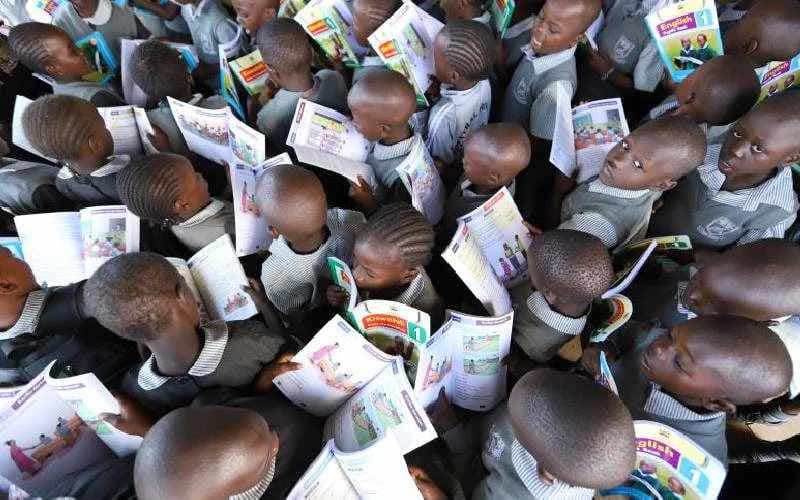We're loading the full news article for you. This includes the article content, images, author information, and related articles.
Kenya’s CBC holds promise as a forward‑looking education model, but its system-wide rollout is threatened by underfunding, teacher shortages, and infrastructure gaps.

Launched in 2017, the Competency-Based Curriculum aims to produce critical thinkers and problem‑solvers through hands-on, learner‑centered education. However, a recent audit concluded the rollout is “bedeviled by multiple challenges,” particularly in public schools lacking adequate resources.
The Teachers Service Commission (TSC) reports a shortfall of nearly 98,261 teachers, including gaps in junior and soon-to-open senior secondary schools .
Although around 20,000 interns were recruited and 39,550 contract teachers converted to permanent roles, public schools still face overcrowded classrooms, with many teachers covering multiple subjects .
Only 150,000 teachers have undergone CBC training since 2019, and virtually no secondary school teachers have been trained in the new curriculum
Subject-specific educators (STEM, languages, creative arts) are in short supply, undermining CBC’s hands-on learning model .
Many schools lack basic facilities needed for CBC, including science labs, electricity, ICT tools, libraries, and classrooms ().
Budget cuts in the 2025 national budget have further reduced funding for school infrastructure and curriculum support, straining already thin resources .
On Reddit, educators and parents paint a mixed picture:
“CBC is hands-on… What we need there is funding and more teachers.”
“JSS is an absolute crime scene right now, with some schools having one teacher teaching a whole class all subjects!”
Critics warn that without sufficient support, CBC risks deepening educational inequities.
TSC notes current funding allows recruitment of only ~6,000 teachers per year, far below demand .
New schools are opening—sometimes adjacent to each other—without allocated funds for staffing, fueling inefficiencies ().
|
Challenge |
Impact on CBC |
Strategic Priority |
|---|---|---|
|
Teacher shortage |
Undermines learner-centered, subject-specific delivery |
Fast-track hiring; scale internships; permanent postings |
|
Training gaps |
Educators struggle to implement CBC pedagogy |
Invest in continuous professional development |
|
Resource deficits |
Limits practical, hands-on learning |
Expand infrastructure, labs, ICT, classrooms |
|
Budget cuts |
Erodes support for CBC programs |
Reverse cuts; ring-fence CBC funding |
Kenya’s CBC holds promise as a forward‑looking education model, but its system-wide rollout is threatened by underfunding, teacher shortages, and infrastructure gaps. For CBC to be transformative—not just aspirational—Kenya must make urgent investments in:
Recruiting and training thousands more qualified teachers, especially in STEM and junior secondary schools.
Strengthening infrastructure, from labs to electricity and digital tools.
Securing dedicated budget lines for CBC expansion and maintenance.
Without decisive action, the CBC risks becoming another policy that widens the gap between privileged urban schools and underserved rural communities.
Keep the conversation in one place—threads here stay linked to the story and in the forums.
Sign in to start a discussion
Start a conversation about this story and keep it linked here.
Other hot threads
E-sports and Gaming Community in Kenya
Active 9 months ago
The Role of Technology in Modern Agriculture (AgriTech)
Active 9 months ago
Popular Recreational Activities Across Counties
Active 9 months ago
Investing in Youth Sports Development Programs
Active 9 months ago